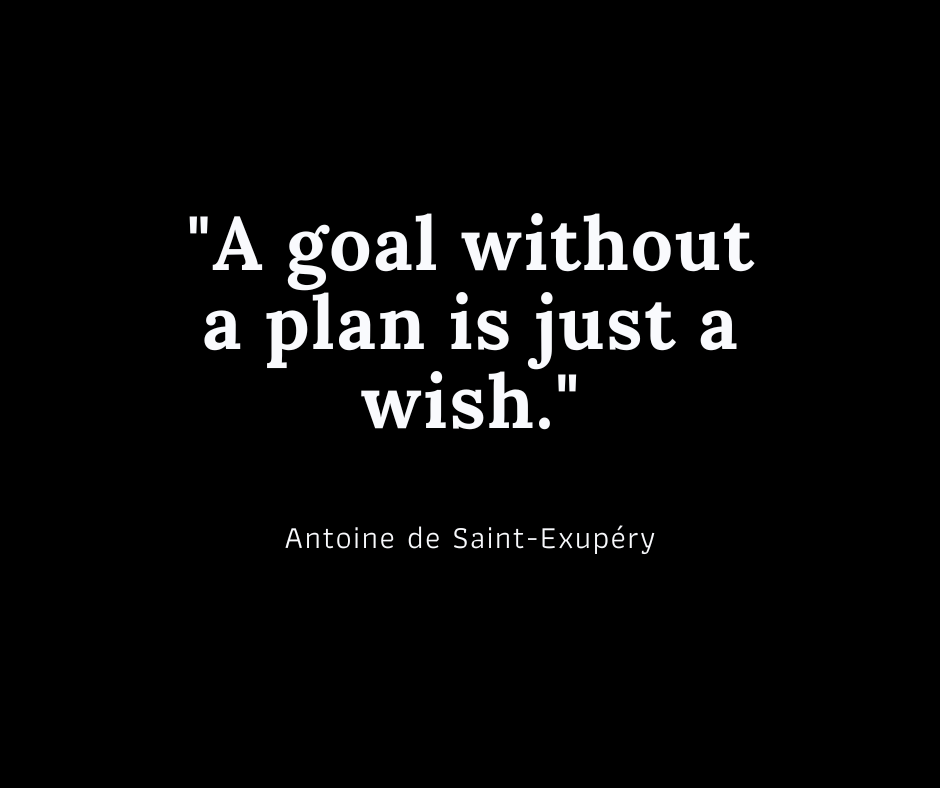Financial independence means different things to different people.
A broad definition of it is when an individual (or a couple) has amassed enough resources, typically through savings, investments, and passive income streams, to sustain their desired lifestyle.
There are typically three phases to achieving financial independence.
Define what it means to you
When you jump in the car to drive somewhere, it is important you prepare to know where you are going. If you don’t, there is a pretty good chance you won’t get there.
Likewise, when planning your journey to financial independence. You need to know where you are going. You need to know what your goals are.
For some people it will be to stop work and know they will have the passive income they need for the rest of their life. Others may also want to be able to set their kids up without sacrificing their own future.
It really doesn’t matter what they are. The important thing is the goals are clear, attainable, and meaningful to you.
Develop a plan
Once you know what your goals are, you then need to develop a plan for how you will achieve them.

Your plan can be as simple or detailed as you want, but it must include both short and long-term targets.
For example, let’s say you have the following goals.
- In 15 years, have a passive income equivalent of $90,000 in today’s dollars. Using a withdrawal rate of between 4 – 5%, we can determine you will need around $2.9 million (in 15 years’ time) to provide this passive income for the next 40-50 years.
- Be able to give each of your 15 year old twin kids the equivalent of $200,000 to help them buy their first home when they are 25. In 15 years you would need to have around $510,000 set aside for this.
- Have a university fund fully funded by the time the twins are 18. If you are expecting their annual university costs are going to be $40,000 each, you will need around $340,000.
Assuming these are you only goals, you then need a plan to have $340,000 available in year 3, a further $510,000 in year 10, and $2.9 million in year 15.
You can use this information, combined with your current investments (and super) and work out how much you need to invest (and whether you need to borrow to invest) to achieve your goals.
Make it happen
This is arguably the most important part. Actually no arguments, it is.
It can be slow, it is often not very exciting, and it is easy to get sidetracked. You want a car and convince yourself you need to be a new one and not a 5-year-old one. In year 5 taking 6 months off work and having an extended European holiday seems more important than having a comfortable retirement ten years down the track. Work is busy, making it easy to justify eating out 3 times a week.
It is important to celebrate the wins and then focus on the next goal. It is critical to make sure you are constantly adjusting your plan to account for changes in the investment market and changes in government legislation.
It is vital that you update your plan to make sure the goals are the ones that still make sense to you.
We specialise in working with professionals to help them achieve financial independence. If you are looking for an independent financial adviser to help you, book a chat via the button below or contact us at team@constructwealth.com.au.
About the Author
Phil Harvey is an independent financial adviser. In 2017 Phil set up his company Construct Wealth to help clients best manage their finances so they focus on what is important to them. He is a founding member of the Profession of Independent Financial Advisers .
General Advice Warning
This advice contains general information. It may not be suitable to you because it does not consider your personal circumstances. Phil Harvey and Construct Wealth are authorised representatives of Independent Financial Advisers Australia (AFSL 464629)
See related articles
Pay off the mortgage or invest?
Do I pay off the mortgage quicker - or invest? One of the most common questions we hear is: “Should we throw extra money at the mortgage, [...]
A plan for financial independence
For many professionals in their early 40s, the idea of being financially independent before they are 60 sounds like a dream. School fees, mortgages, and lifestyle costs [...]
Have you hit the ‘wealth plateau’?
For many families, hitting your 40s with a strong income feels like success. You’ve worked hard, bought a home, and life is busy with school runs, weekend [...]



